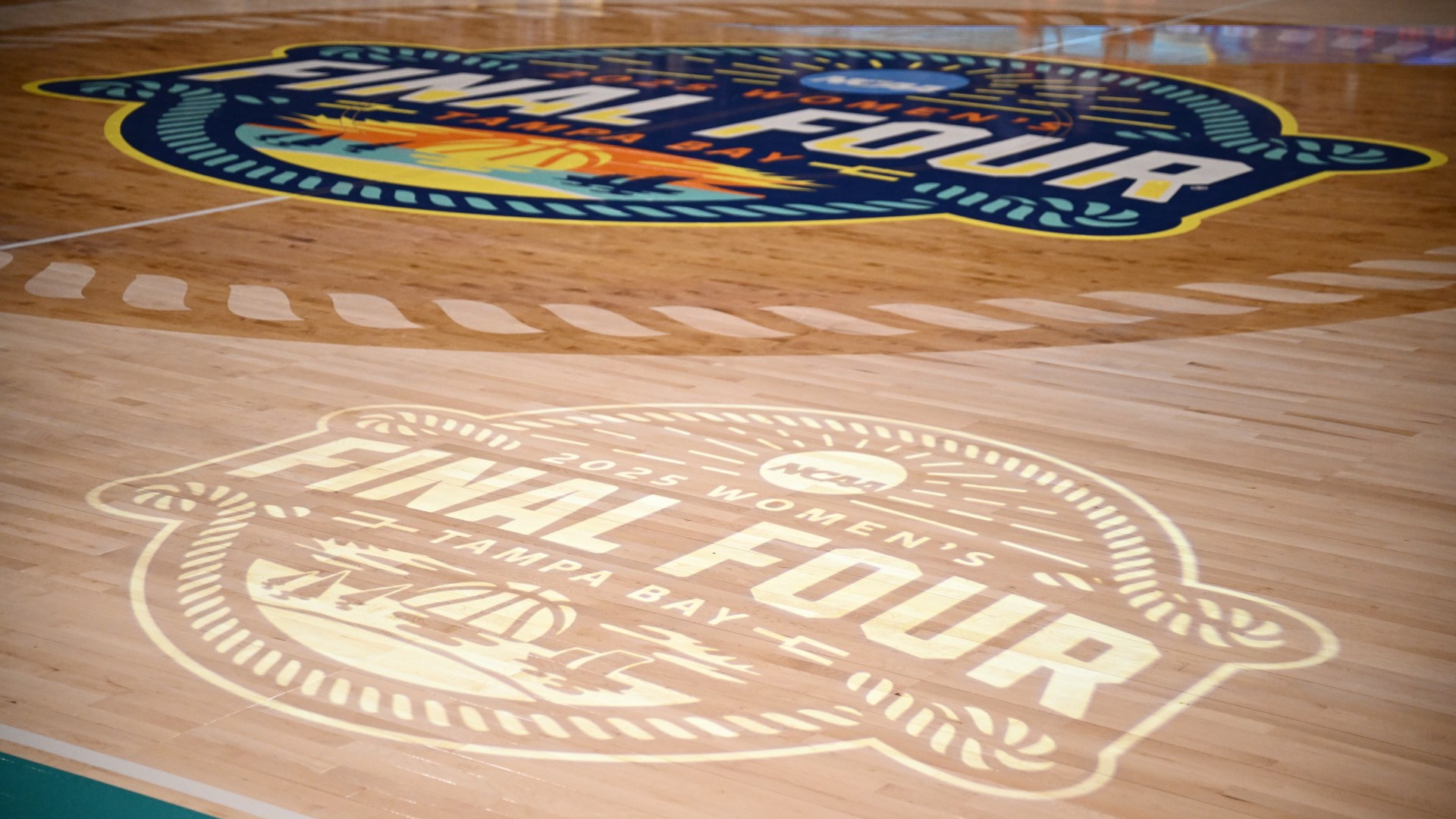Championship Game Time: Primetime or Bust? The Debate Heats Up
The location, the teams, the stakes – all crucial elements for a championship game. But increasingly, the time of the game is becoming a major point of contention. Is primetime the only way to truly maximize the impact of a championship showdown, or can a different timeslot still deliver the excitement and viewership? This debate is heating up, and we're diving deep into the arguments on both sides.
The Case for Primetime: Maximum Exposure and Revenue
For many, primetime is synonymous with maximum impact. A championship game broadcast in the evening hours enjoys several key advantages:
- Wider Viewership: More people are available to watch television in the evening, leading to potentially significantly higher viewership numbers. This translates to greater advertising revenue for broadcasters and sponsors.
- Increased Engagement: The primetime slot allows for a more focused viewing experience, less interrupted by other daily activities. This can lead to higher engagement levels on social media and a more vibrant online conversation surrounding the game.
- National Attention: Primetime broadcasts often receive more national media coverage and promotion, further boosting the game's profile and overall impact.
The Counterargument: Beyond Primetime's Glow
While primetime offers undeniable benefits, scheduling a championship game outside of primetime isn't necessarily a death sentence. Several factors support this perspective:
- International Viewers: Scheduling the game during a time that is convenient for international viewers can significantly expand the audience reach. A primetime slot in one country may be inconvenient for fans in other parts of the world.
- Avoiding Competition: A less saturated time slot might reduce competition from other major television events, potentially leading to a more focused audience.
- Catering to Specific Demographics: Consideration for the demographics of the teams involved might lead to alternative scheduling. A game featuring teams with a strong following among younger demographics, for instance, might benefit from an earlier broadcast time.
The Evolution of Viewing Habits: Streaming and On-Demand
The rise of streaming services and on-demand viewing adds another layer of complexity to the debate. While primetime still holds significance, the ability to watch games at a later time (or even live via streaming) reduces the pressure to exclusively schedule during peak viewing hours. This presents both opportunities and challenges for broadcasters and organizers.
The Verdict? It's Complicated.
Ultimately, the "best" time for a championship game is a complex decision influenced by numerous factors. There's no one-size-fits-all answer. A careful analysis of target demographics, international audience considerations, broadcast rights agreements, and competitive programming is crucial in determining the optimal scheduling. The debate is far from over, and the future of championship game timing will likely involve a blend of primetime broadcasts and strategic alternative scheduling decisions.
What are your thoughts? Let us know in the comments below which time slot you prefer for championship games and why!

